A lame-duck presidency and political gridlock after a bitterly fought election are set to worsen the US’s coronavirus crisis just as the pandemic enters its deadliest phase, according to health experts.
With two months to go before a presidential handover from Donald Trump to Joe Biden, the federal government’s strategy for containing the virus has experts worried.
‘You’re fired!’: New York, Trump’s home town, celebrates his election defeat
Read more
Outside of embracing conspiracy theories, Trump administration officials appear to have pinned their hopes on improved testing and eventual vaccine approval.
“The strategy, if you can summarize in one word, is hope,” said Dr Carlos del Rio, executive associate dean of the Emory School of Medicine and Grady Health System in Georgia. “And hope is not a strategy.”
And as Covid-19 cases surge, the economic recovery falters and coronavirus government aid runs out, the lack of a coordinated response to the pandemic during the interregnum will have serious consequences, according to experts.
“We are heading into the very worst of the pandemic right now,” said Dr Megan Ranney, an emergency room doctor at Brown University who has lobbied to protect healthcare workers during the pandemic. “The degree of spread of this infection and its toll on our country is going to be, to a large extent, determined by what happens in the next two months.”
The swell of autumn Covid-19 cases is already proving to be the most intense period for new infections of the entire pandemic. By various counts, the US broke a world record for new cases – 100,000 in a day – this week. Those new infections will portend new hospitalizations, and eventually deaths. Already, more than 230,000 Americans have died from Covid-19.
“If we don’t do anything to stop it, we are in the trajectory going straight up,” said Del Rio.
Del Rio predicted the United States could see 200,000 cases a day by Thanksgiving, if Americans do not adopt social distancing and universal masking immediately.
There are other grim signs. The nursing home industry, which cares for America’s most medically fragile residents, has warned that Covid-19 cases among the elderly and infirm are growing because of intense spread in surrounding communities.
“It is incredibly frustrating,” said Mark Parkinson, president and CEO of the American Health Care Association, an industry group for private nursing homes. “If everybody would wear a mask and social distance to reduce the level of Covid in the community, we know we would dramatically reduce these rates in long-term care facilities.”
Nursing homes house less than 1% of the population, but represent more than 40% of deaths.
Hospital administrators are scaling back non-urgent, but medically necessary, surgeries which serve as one of their largest sources of profit. State governments in the upper midwest are setting up field hospitals, but staffing will be difficult with increased spread and worker burnout.
At the same time, the appetite for further Covid-19 restrictions is almost nil, as weary Americans head into a fall holiday season traditionally marked by celebrations indoors with family and friends.
“Thanksgiving is basically set up to be a chain reaction of super-spreader events across our country. And if this is happening across the country, we’re not going to have [traveling health workers] or extra staffers,” said Ranney, even as “everyone is needed in their own hospitals or their own communities”.
Nationwide hotspots could also bring shortages of personal protective equipment (PPE). While supply chains are more robust than they were in April and March, resources are still limited because hospitals and states now stockpile PPE.
Dr Shikhah Gupta, executive director of Get Us PPE, the physician-founded non-profit aimed at providing PPE to workers, said the group was “preparing for the worst”.
“One of the biggest trends we’re seeing is people are really ready to pretend the [pandemic] is over,” said Gupta.
At the same time, the economic recovery appears to be faltering as businesses run out of pandemic relief aid and the virus spreads widely. Economist Chris Rupkey told Reuters the slowing recovery appeared to show, “a second wave of layoffs is hitting the economy, perhaps due to the rising count of virus cases”. At the same time, some businesses may have never been able to fully reopen “and [are] facing bankruptcy”.
“The goal has to be control of the virus so the economy can succeed,” said Del Rio. “It’s not just about health, it’s about the economy and ensuring people have jobs.”
The Senate majority leader, Mitch McConnell, said he hoped to accelerate the timetable for a new coronavirus stimulus package, and aimed to pass the bill before Biden’s inauguration. He called it “job one” when Congress returns.
But it remains unclear how Trump will react to new proposals while he is still in power. No experts the Guardian spoke with expect the kind of broad intervention needed to change the course of the pandemic. Instead, any response will need to come from Americans themselves.
“When I look at how our country is going to make it through, between now and inauguration day,” said Ranney, “it’s really going to depend on that continued willingness of Americans to step up.”








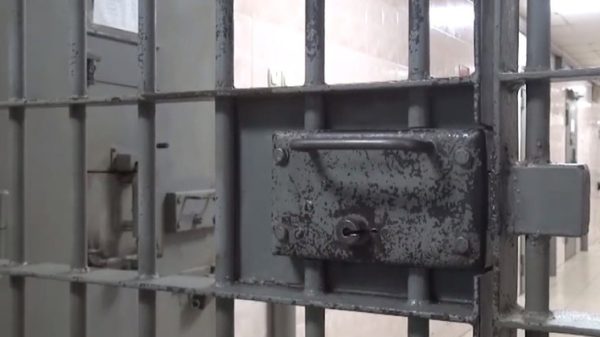
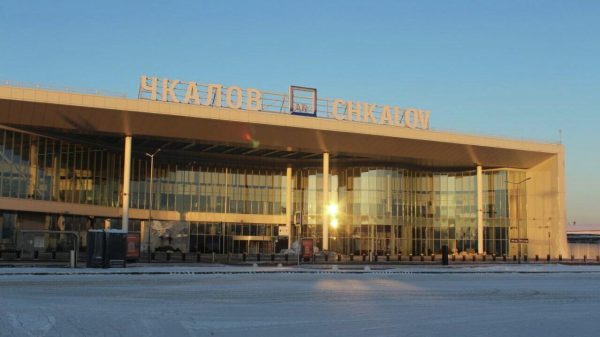
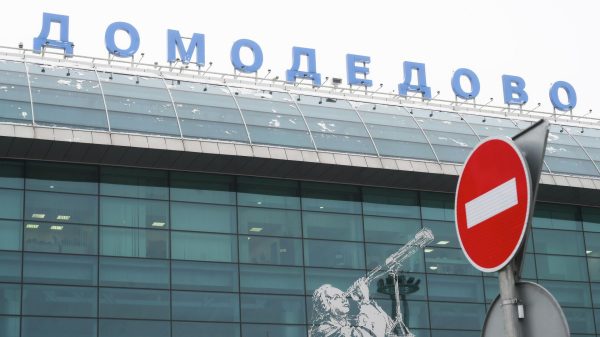







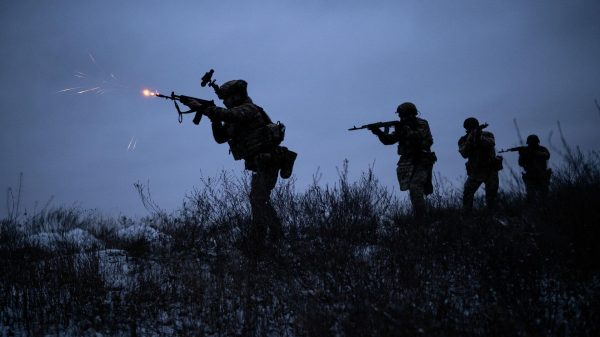
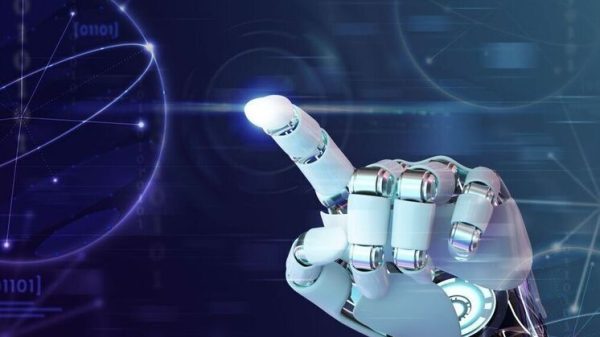















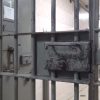
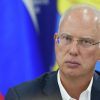
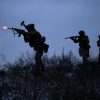
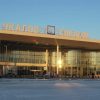
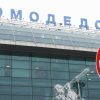














Свежие комментарии